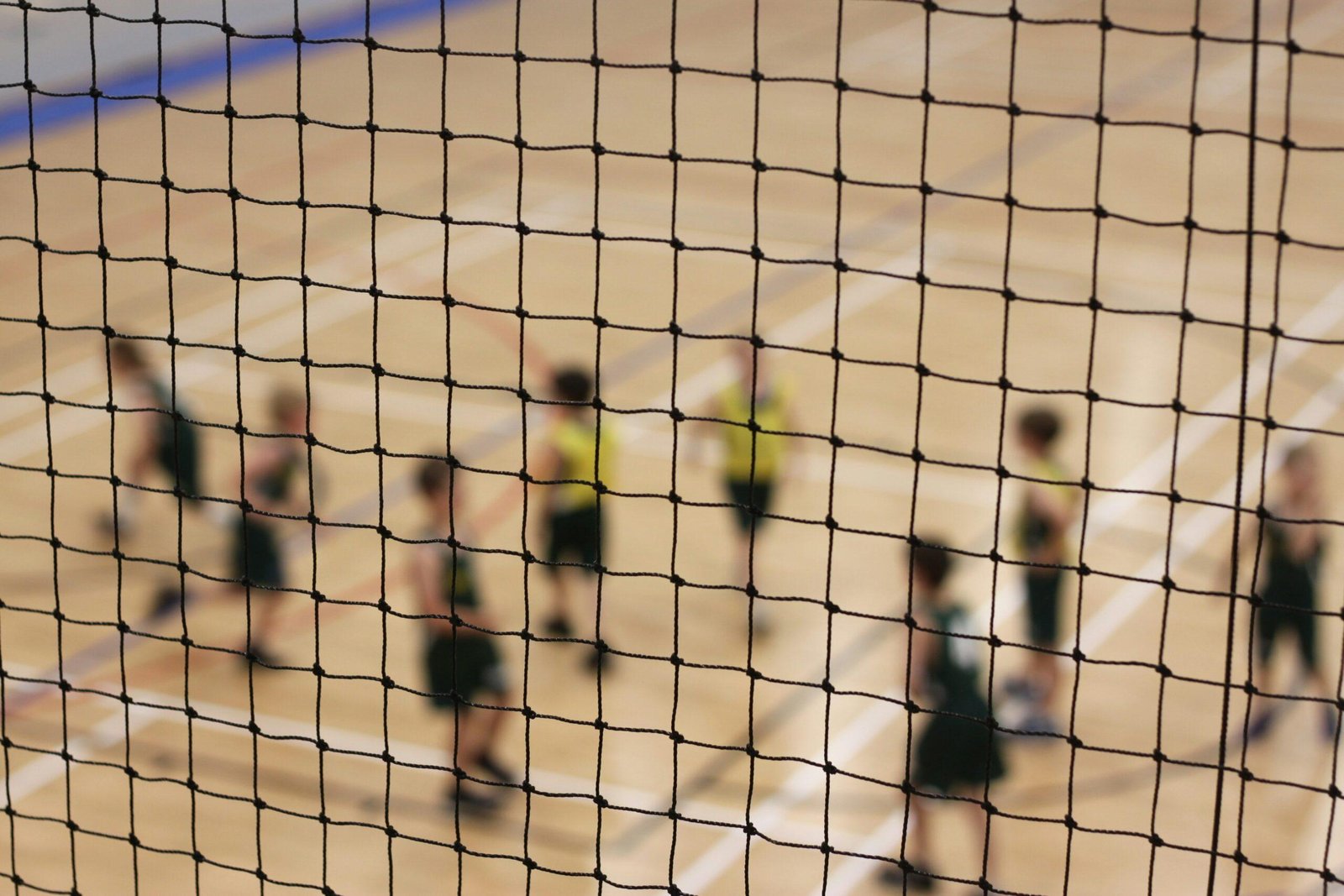Introduction to UEFA Champions League Standings
The UEFA Champions League is widely regarded as one of the most prestigious tournaments in international club football. Established in 1955, this annual competition showcases the best football clubs from across Europe, providing a platform for top-tier talent to compete at the highest level. The tournament’s significance extends beyond mere accolades, as it serves as a critical determinant for a club’s financial viability and global recognition.
The tournament comprises multiple stages, starting with a group phase followed by knockout rounds. During the group phase, teams are seeded into groups and play home-and-away matches against each of their group rivals. The standings at the conclusion of this phase are vital, as they dictate which teams proceed to the knockout rounds. The structure not only emphasizes the importance of every match but also keeps fans engaged throughout the tournament, as each fixture can significantly impact the standings.
More information Who Should Trade for Myles Garrett? Identifying Ideal NFL Teams
Who Should Trade for Myles Garrett? Identifying Ideal NFL TeamsUnderstanding the standings is crucial for evaluating a team’s performance. The primary factors that influence these standings include match results, points earned, and goal differences. Teams earn three points for a victory, one point for a draw, and no points for a loss. Consequently, consistent performance throughout the group stage can elevate a team’s position. Additionally, goal difference — the total goals scored minus the total goals conceded — can become a tiebreaker when teams share the same number of points.
Moreover, outside influences, such as player injuries, match conditions, and even the psychological impact of competing at a high level, can play a significant role in a team’s performance. Thus, the standings in the UEFA Champions League not only reflect a team’s success on the field but also encapsulate numerous dynamics that dictate the tournament’s outcome. This multifaceted nature makes the Champions League a focal point in the world of football, attracting attention from millions of fans globally.
Current Standings Analysis
The UEFA Champions League standings as of October 2023 illustrate a dynamic and competitive landscape among Europe’s elite football clubs. Each of the eight groups reveals intriguing narratives in terms of team performances that have unfolded during the tournament thus far. A careful examination of the rankings, which are updated regularly, highlights the win-loss records, goals scored, and goals conceded for each competing team.
More information Mavericks vs. 76ers: A Breakdown of Recent Developments and Game Predictions
Mavericks vs. 76ers: A Breakdown of Recent Developments and Game PredictionsFor instance, Group A presently sees a leading team with 12 points from four matches, indicating a perfect record. Their ability to score an impressive 10 goals while conceding only two reflects a solid defensive and offensive synergy. In contrast, one of the traditional powerhouses in the group is facing challenges, managing only three points from four fixtures, which raises concerns about their current form. This unexpected underperformance illustrates how volatile results can affect reputations in both domestic leagues and European competitions.
Group B has similarly delivered surprising outcomes, with a lesser-known club challenging longstanding giants, currently sitting second with seven points. This group’s statistics reveal that they have successfully neutralized their opposition, conceding only three goals, showcasing their effective defensive tactics. The dynamics of the standings portray a blend of expected dominance from historically successful teams and burgeoning talent that is beginning to make its mark on the European stage.
Such standings not only impact the teams involved but also the broader narrative of the tournament, presenting opportunities for analysis of coaching strategies, player form, and the ramifications of these standings on subsequent matches. The implications of these results may influence transfer strategies and team morale moving forward in this prestigious event.
More information Celtics vs Cavaliers: A Breakdown of the Eastern Conference Clash
Celtics vs Cavaliers: A Breakdown of the Eastern Conference ClashImplications of the Standings on Team Progression
The UEFA Champions League standings play a pivotal role in determining which teams progress to the knockout stages of the tournament. As the season unfolds, the position of each club in their respective groups impacts not only their chances of advancement but also the potential matchups they will face. Each group consists of four teams, and they compete in a round-robin format, with points awarded based on wins and draws. The top two teams from each group advance, thus making the standings a crucial factor in the tournament’s landscape.
Current standings influence the strategic planning of teams as they navigate the latter stages of the group phase. Teams that find themselves atop their groups can adopt a more conservative approach in their remaining matches, potentially prioritizing player rotation to preserve key athletes for the knockout rounds. Conversely, those positioned lower in the standings must implement aggressive strategies to secure vital points. The different scenarios necessitate varying tactical responses, showcasing the importance of standings not only as mere statistics but as a vital part of the strategic framework each club employs in pursuit of European glory.
The standings also determine potential matchups in the knockout stages, where teams are usually seeded based on their rankings. Higher-seeded teams often face lower-seeded opponents, which can lead to favorable conditions for securing progression into the subsequent rounds. However, this seeding system means that teams striving to ascend in the standings must carefully consider their approach not only in terms of individual match results but also in the context of future potential opponents. The intricate interplay of the standings, team performance, and tactical decisions underscores the significance of understanding this aspect of the UEFA Champions League as teams chart their pathways towards success.
More information Purdue Basketball vs Iowa: Game Preview and Live Updates
Purdue Basketball vs Iowa: Game Preview and Live UpdatesFuture Projections and Key Matchups
The UEFA Champions League group stage is approaching its climax, with teams vying for crucial points to secure their places in the knockout rounds. As we analyze the fixture outcomes and current standings, it becomes evident that certain matchups will be pivotal in shaping the final rankings. With several groups still open, projecting results requires scrutiny of team form, head-to-head records, and the remaining schedule. Each of these factors plays a vital role in predicting outcomes for clubs competing at the highest level.
One significant aspect to consider is the form of the teams involved. Teams like FC Barcelona and Bayern Munich excel in high-pressure situations, making their upcoming matches essential for their qualification. Conversely, underperforming teams may struggle against opponents with more consistent form. For instance, if a mid-tier team, currently toying with elimination, faces a top-ranked team with secured qualification, the stakes vary vastly for each side. The potential for surprises exists; however, established clubs generally prevail in must-win scenarios.
Another key factor relates to head-to-head results, which can prove decisive in the event teams finish on equal points. These encounters may dictate the dynamics of future clashes, influencing tactical decisions by coaches. In instances where two teams are neck-and-neck in points, their previous meetings may serve as psychological leverage, giving an edge to one side over another. Additionally, fixture congestion and injury impacts will also play a critical role in the latter part of the group stage.
More information Bayern vs Celtic: A Thrilling Champions League Showdown
Bayern vs Celtic: A Thrilling Champions League ShowdownUltimately, examining these factors leads to the realization that crucial matchups lie ahead, as clubs face both challenges and opportunities. The competitive landscape of the tournament is fluid, and as teams navigate their remaining fixtures, the majestic unpredictability of the Champions League will continue to captivate fans around the world.
More information Borussia Dortmund: Champions League Update and Current Situation
Borussia Dortmund: Champions League Update and Current Situation

